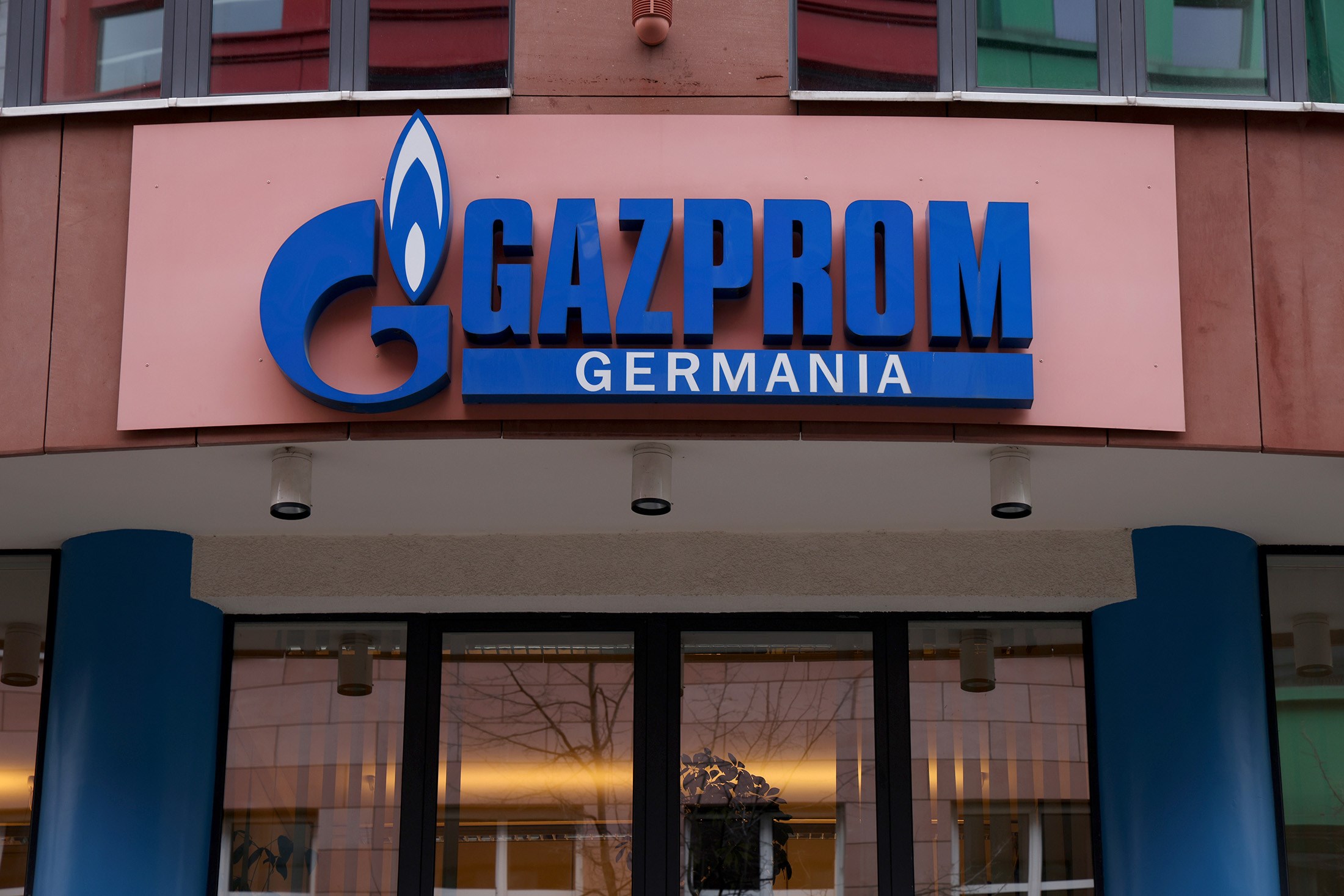Russia Gazprom quits German business
Russia's Gazprom is suspending its work in Germany via its Gazprom Germania firm after informing European states that energy deliveries must be paid for in rubles.
-

The headquarters of Gazprom Germania
Russia's Gazprom said Friday it was quitting its business in Germany in light of high tensions over energy between Berlin and Moscow after the latter asked for payments in rubles instead of euros.
The energy firm did not elaborate on its decision to end its participation in Gazprom Germania and all of its assets, which include subsidiaries in several European countries.
Gazprom on Friday announced that payments for deliveries of Russian gas would be made in compliance with the rules of the Russian Federation. Gazprom said it was notifying counterparties about the procedure of paying for Russian gas in rubles.
The pullout of the German market comes in light of European allegations targeting the energy giant and accusing it of holding back pivotal gas supplies that they argued could pull the European energy market from its crisis and lower the surging prices.
"I think this means Gazprom is drawing a curtain on being an active participant in the European gas market. Essentially it is going home because it no longer feels welcome," said Katja Yafimava, a senior researcher at the Oxford Institute for Energy Studies.
Kremlin spokesperson Dmitry Peskov had said his country would not deliver gas to Europe for free, in a reiteration of President Vladimir Putin's that Russia would not accept anything but rubles for gas deliveries to "unfriendly countries".
The list of unfriendly countries includes the US, Canada, the EU, the UK, Montenegro, Switzerland, Albania, Andorra, Iceland, Liechtenstein, Monaco, Norway, San Marino, North Macedonia, and also Japan, South Korea, Australia, Micronesia, New Zealand, Singapore, and Taiwan.
Earlier, the Group of Seven dismissed Putin's decision to only accept Russian rubles for gas sales to Europe, saying such payments were "not acceptable," calling on their countries' companies not to comply with the Russian demands.
The energy crisis has been in place for a while, but Gazprom's Nord Stream 2 was meant to help with the issue that was economically draining the European continent. However, the Western sanctions that came in light of the war in Ukraine stifled Russia, causing Moscow to take the decision to only accept payments in rubles to overcome the sanctions and better the condition of its currency after it lost much of its value.
Germany, fearing that Russia could cut off gas supplies if the West refused to pay in rubles, raised the alarm level on Wednesday under its emergency gas plan.
Since President Putin announced the decision, the Russian ruble rose for nine sessions in a row, and it is now trading at 83 rubles per USD.

 3 Min Read
3 Min Read









